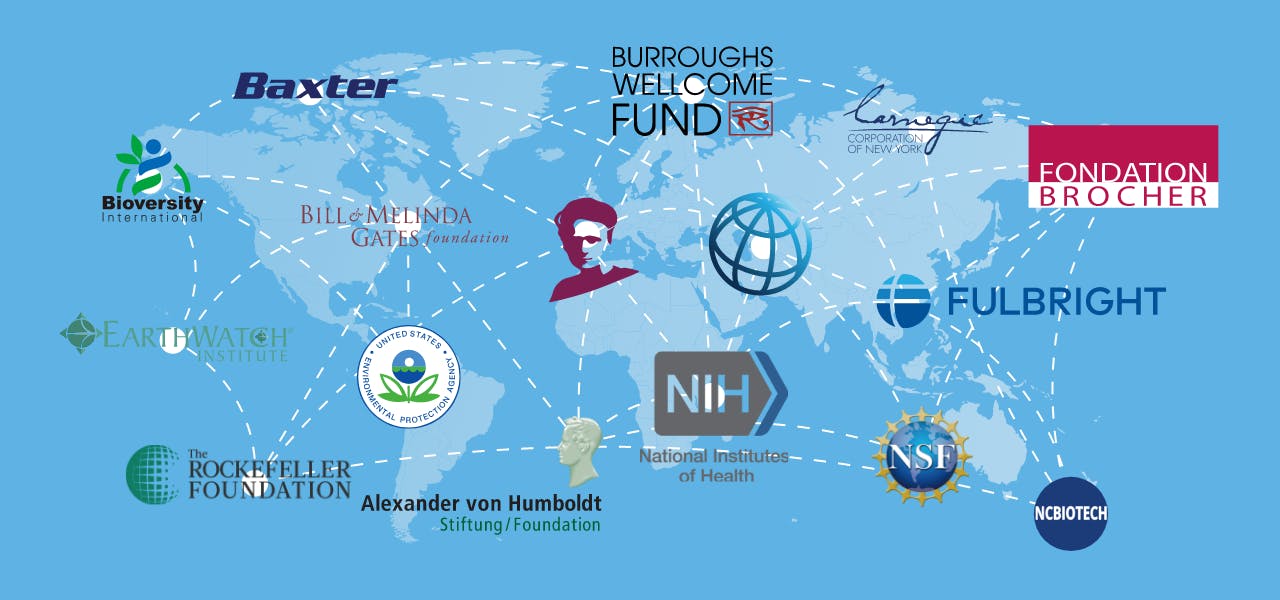When it comes to being able to enact high-quality research, there’s a huge connection between the methods and steps and the funding source the researcher is able to obtain. There’s a critical need for scholars to be able to pursue their knowledge in order to continue to provide innovative ideas and technology to the world, but to do this is a costly endeavor.
This job is even more difficult when the researchers on a team are engaged in international collaboration. Funding sources frequently find conflicts that arise once borders are breached, even when the goal is ultimately the same. As a researcher, you must find funding agencies that support international collaboration, which means sifting through private and public sources.
The Increasing Frequency of Internationally Collaborated Research
It’s long been made obvious that there is a direct increased connection between research that is done as a team and improved productivity with better impactfulness. This connection also applies to international collaboration, when multiple scholars amongst different cross-disciplined fields with varying backgrounds are able to work together towards a common goal.
When boundaries are ignored in favor of global research improvement, scholars are able to access information and share data with others who can make sense of it on different levels than they may have been able to otherwise. As researchers benefit from using labs and equipment in established institutions and come together to share and communicate ideas, the research is always more in-depth and accurate.
Co- and multi-authored international research is becoming more and more common because of the benefits of this type of collaboration. But even though it’s got so many advantages, when it comes to finding a funding source, there can be some obstacles in the way.
Challenges to Finding Funders for International Collaboration
As far as obstacles to research, funding is almost always in the top five list of factors. International collaborative endeavors bump this up to the first problem to overcome.
When there is a lack of funding, researchers may not be able to attend overseas’ events that are required for the collaboration, necessary software for communication might not be available, and research support in multiple countries is difficult to obtain.
Funders are naturally hesitant at granting resources for international collaboration. They don’t want to spend the extra money to pay for things like travel, interpreters, and enhanced software. They would rather add funds to enhance nation-based workshops and studies. International research also means a delayed timeline due to the distance and external communication issues such as time zones, and funders prefer not to deal with the setbacks and potential issues that are more likely to arise.
There are, however, some funding agencies who are willing to accept these challenges, if you know how to find them.
How to Sort Through the Funding Agencies
Finding the right funder as a part of your international collaborative venture requires you to work with your team and foster good relations. Come up with all the obstacles that must be met that you can anticipate. Be sure that everyone is on the same page as far as your goals and know who is in charge of what role so that you can confidently present your research expectations to the funder.
Once you have everything together and ready to present, check the scope of the funding sources to find those that match your aim and objective. Here is a list of some of the large organizations that are willing to fund international and national projects:
● Bill and Melinda Gates Foundation
● Bioversity International Fellowship Program
● Brocher Foundation Residencies
● Environmental Protection Agency
● National Institutes of Health
● National Science Foundation (NSF)
● North Carolina Biotechnology Center
● NSF Office of International Science and Engineering
● Marie Curie Actions Research Fellowship Programme
From these and other funding sources, you should be able to find an organization that supports your research.
